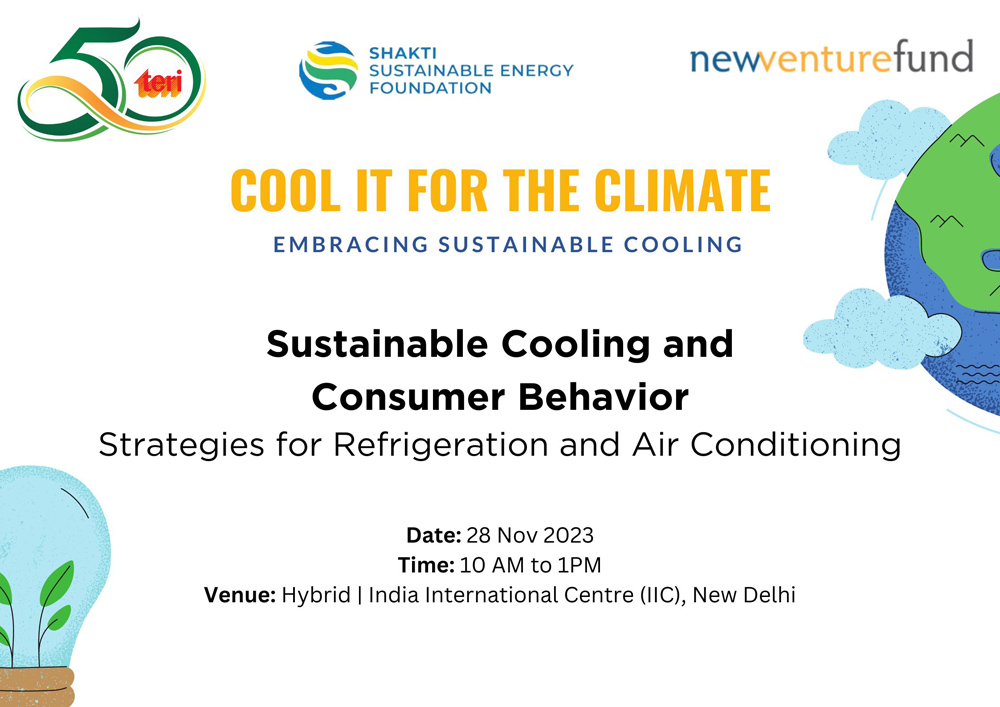Sustainable Cooling and Consumer Behavior - Strategies for Refrigeration and Air Conditioning

In a world grappling with the escalating impacts of climate change, sustainable cooling practices have emerged as a critical area of focus. Refrigerators and air conditioners, two common household appliances, contribute significantly to global energy consumption and greenhouse gas emissions. Adoption of sustainable cooling habits among consumers is essential to mitigate the environmental impact of these appliances and ensure a more sustainable future.
Consumer choices play a pivotal role in shaping the environmental impact of cooling appliances. Simple changes in usage patterns and product choices can lead to significant reductions in energy consumption and greenhouse gas emissions. By adopting sustainable cooling practices, consumers can contribute to a collective effort to mitigate climate change and protect the environment.
Sustainable cooling practices among consumers are not just an option but a necessity for mitigating climate change and ensuring a sustainable future. By empowering consumers with knowledge, encouraging technology adoption, implementing behavioural nudges, leveraging social marketing, and establishing supportive policies, we can collectively reduce the environmental impact of cooling appliances and pave the way for a cooler, cleaner planet. The "COOL IT FOR THE CLIMATE: Embracing Sustainable Cooling” Behaviour Change Campaign aims to nudge consumers to adopt simple sustainable practices for making refrigeration and AC use more energy efficient. Broadly, the campaign aims to influence consumers to:
- Improve energy efficiency
- Reduce the environmental impact of cooling
- Promote the health benefits of sustainable practices
- Reduce expenditure by using cooling appliances more efficiently
The event aims to bring together a diverse group of stakeholders to discuss the importance of consumer engagement in promoting sustainable cooling practices. By fostering dialogue and collaboration among industry experts, academics, policymakers, and relevant stakeholders, the event seeks to identify effective strategies for encouraging consumers to adopt sustainable cooling solutions.
The discussion aims to identify challenges in promoting behavioural change for sustainable cooling solutions, enhancing the understanding of consumer behaviour for cooling products, identify effective engagement strategies, strategies to foster collaborations, and identify recommendations for policy interventions.
